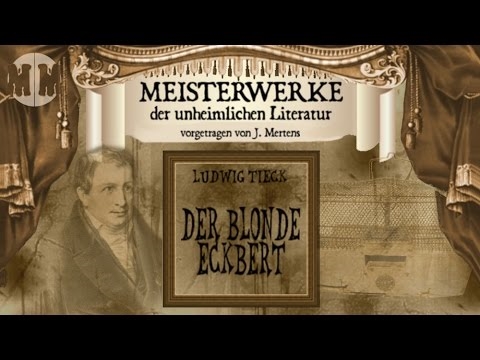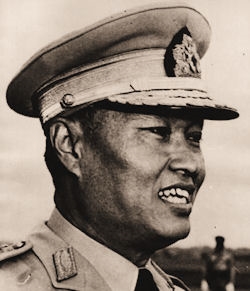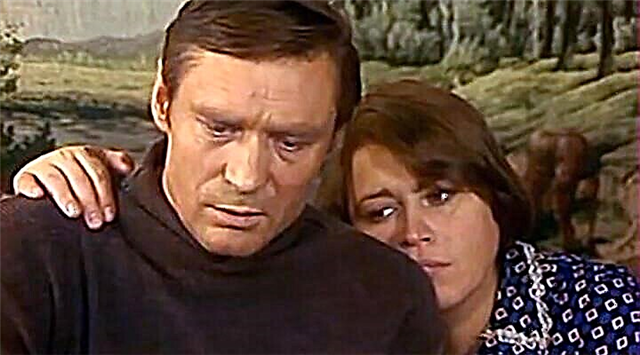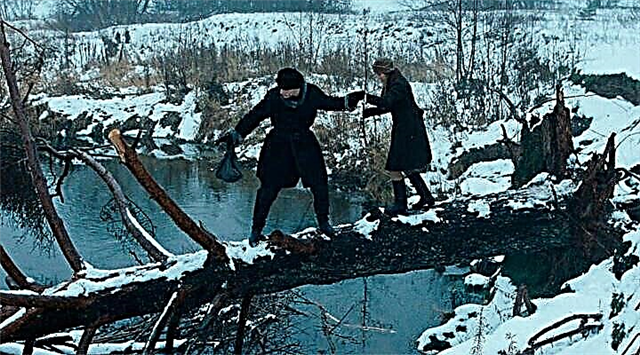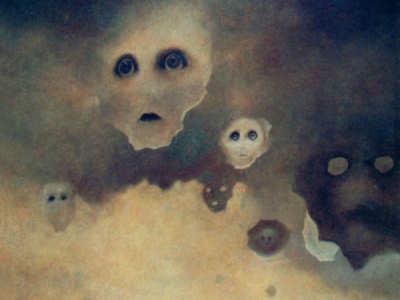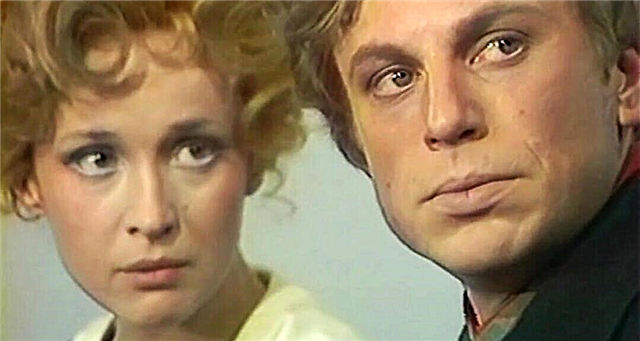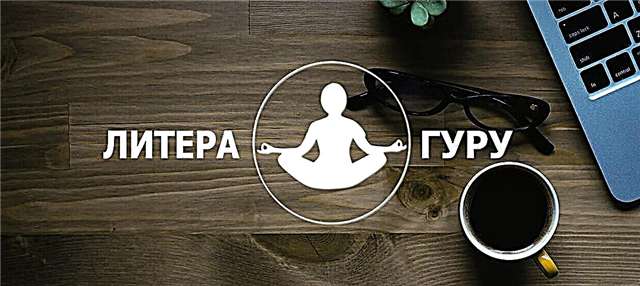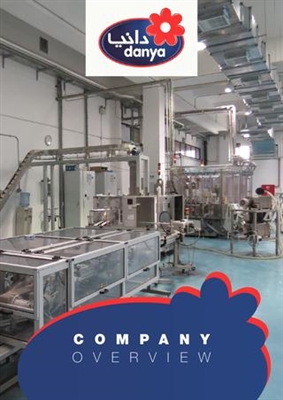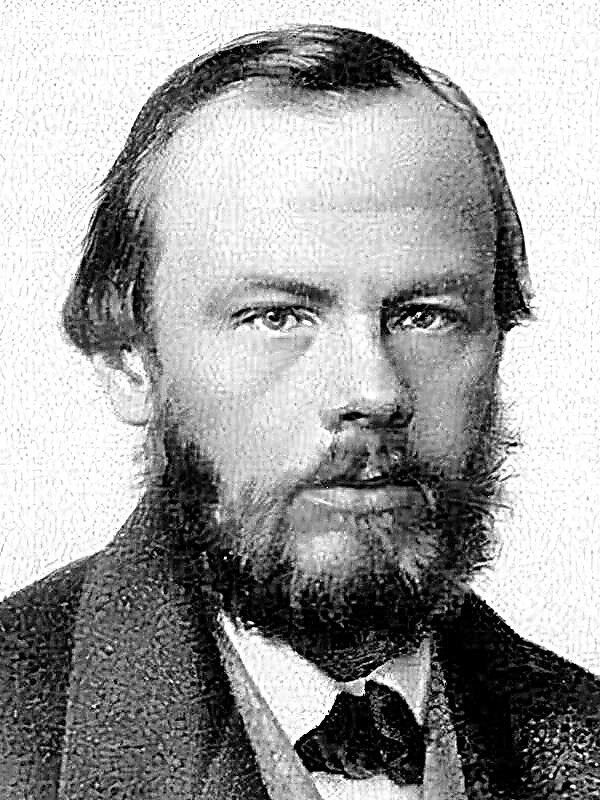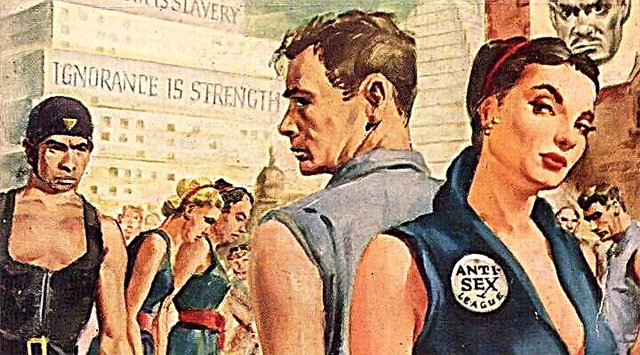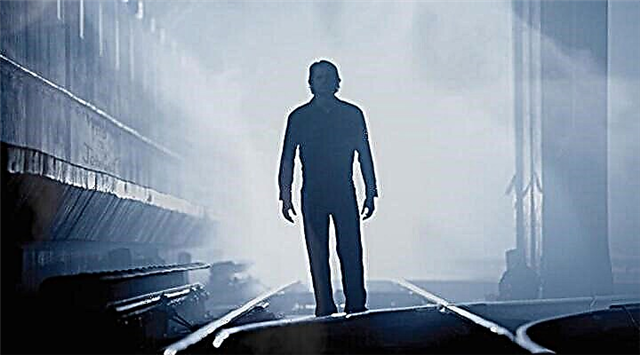: The Soviet driver lived with his beloved wife and raised children. He went to the front, was captured, but heroically escaped from there. Upon learning that his whole family had died, he adopted a street boy.
The division of the retelling into chapters is conditional.
Acquaintance with Andrei Sokolov
Spring. Upper Don. The narrator and his companion rode on a chaise to a remote village through impassable mud.

Narrator - an elderly man who turned gray during the war years, is laconic, the name is not mentioned in the story
Near one of the farms, a shallow river spilled out in the summer. Together with the driver, who came from nowhere, the narrator swam across the river in a dilapidated boat. The driver drove a passenger car in the barn to the river, got into the boat and headed back, promising to return in two hours.
A man with a little boy approached the narrator who was left alone, said hello. The man, whose name was Andrei Sokolov, mistook the narrator for the driver and went over to chat.
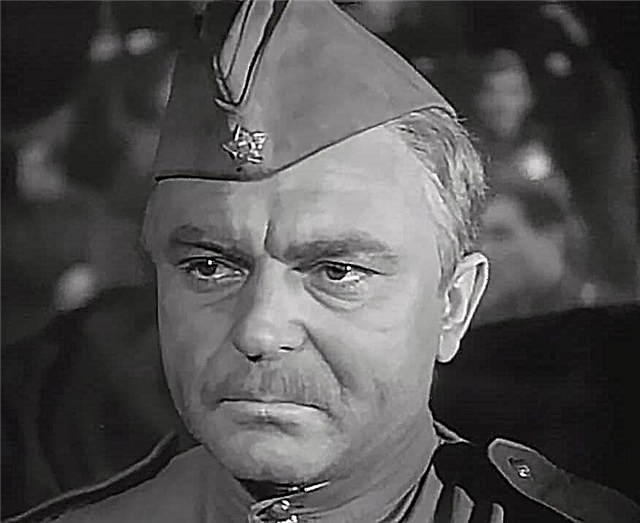
Andrei Sokolov, a chauffeur, widower, survived the war, brave, honest and courageous, tall and stooped, with eyes “filled with inescapable mortal longing”
Sending the boy to play by the water, Sokolov began to tell.
Pre-war life of Sokolov
Sokolov was a native of Voronezh province, born in 1900. In the Civil War he served in the Red Army. In the hungry twenty-second year, Sokolov went to the Kuban, worked for his fists and survived, and his parents and sister died of starvation.
Sokolov remained alone. Returning a year later from the Kuban, he sold his parental home and went to Voronezh. At first he worked in a carpentry artel, then went to the factory, learned to be a locksmith, and married Irina, a pupil of the orphanage.

Irina - Sokolov’s wife, an orphan, not a beauty, but smart and economic, a wife-friend
Sokolov was lucky with his wife - Irina turned out to be spoiled, "quiet, cheerful, obsequious and clever." For Sokolov it was not more beautiful and desirable.
Soon the children went - a son, and then two daughters. In 1929, Sokolov became interested in cars and became a truck driver. So ten years have passed.
The past is like that distant steppe in a haze. In the morning I walked along it, everything was clear all around, and walked twenty kilometers, and now you can’t tell the forest from the weeds, the arable land from the grassland ...
And suddenly the war began.
War and Captivity
Sokolov’s family was escorted to the front. Upset Irina said goodbye to him as if forever. He was also a driver in the war. He suffered two minor injuries.
In May 1942, the Germans went on the offensive. Sokolov volunteered to carry ammunition for the artillery battery to the front edge, but did not deliver it - the shell fell very close, the car turned over in a blast wave. Sokolov lost consciousness. When he woke up, he realized that he was behind enemy lines: the battle was rattling somewhere behind, and tanks were passing by.
To wait out tanks, Sokolov pretended to be dead, but this did not help. Raising his head, he saw six fascists coming with him with machine guns. There was nowhere to hide, Sokolov hardly got up, deciding to die with dignity, but the Nazis did not kill him, but removed his boots and sent him on foot to the west.
... it’s not easy to understand that you are not captive of your own free will. Those who have not experienced this in their own skin will not immediately enter your soul, so that it dwells on them in a human way that this thing means.
After some time, Sokolov, who was hardly walking, was overtaken by a column of prisoners from the division where he served. With them he went on.
We spent the night in a cold church with a broken dome. At night, one of the prisoners, a former military doctor, set Sokolov's hand, which was dislocated during a fall from a truck. Then the Nazis shot the believer, who asked him to be released from the church, because he could not relieve a small need in the church.Together with the believer, several more people were killed. In the morning, Sokolov heard a man lying nearby threatening to extradite a young officer to the fascists. The traitor had to be strangled.
In the morning, the Nazis tried to find out if there were commanders, commissars, communists among the prisoners. There were no more traitors, so everyone remained alive. Only a Jew and three Russians resembling Jews were shot. The rest drove further west.
All the way to Poznan, Sokolov was thinking about running away. Finally, an opportunity presented itself: the prisoners were sent to dig graves, the guards were distracted, and he fled. On the fourth day he was caught up by the Nazis with shepherd dogs, the dogs nearly bit Sokolov. He was kept in a punishment cell for a month, then sent to Germany.
For two years of captivity, Sokolov traveled to half of Germany, traveled to Saxony, worked at a silicate plant, in coal mines and “he made a hump in earthworks”.
In the balance of death
When Sokolov worked in a camp near Dresden on a stone quarry, he managed to tell the other prisoners in the barracks after work: “They need four cubic meters of output, and each of us will have enough one cubic meter through our eyes to the grave.” Someone informed the authorities, and Sokolova called the commandant of the Muller camp.

Muller - commandant of the prisoner of war camp, short, stout, blond, with bulging eyes, cruel
Mueller knew the Russian language perfectly and spoke with Sokolov without an interpreter. The commandant said that he would do him great honor - he would shoot him with his own hands, and ordered him to go out into the yard. Sokolov behaved calmly, with dignity. Then Muller poured a glass of vodka, put a slice of bacon on bread and suggested that Sokolov drink “before the victory of the German weapon” before his death.
... it was like it burned me with fire ... So that I, a Russian soldier, should drink for the victory of German weapons ?! And you don’t want something, Herr Commandant ...
Sokolov refused to drink for the victory of the Nazis, but drank it "for his death and deliverance from torment." However, he did not touch the snack, stating that after the first glass he did not bite. Muller poured a second glass, Sokolov drank, but refused to have a bite again - he hoped to at least get drunk before his death. This amused the commandant, he poured Sokolov a third glass, he drank and bit off only a small piece of bread - he wanted to show that he did not need fascist handouts.
After that, Müller became serious, left the table unarmed and said that he respects the courage of the Russian soldier, sees him as a worthy opponent and will not shoot. He said that German troops went to the Don and occupied Stalingrad. Sokolov received a pardon in honor of this joyful event, and for courage - a loaf of bread and a piece of lard. Sokolov shared food with his comrades - equally to everyone.
Release from captivity
In 1944, Sokolov again became a driver - he drove a German major engineer. He treated him well, sometimes sharing food. On the morning of June 29, the major ordered him to be taken out of town - there he directed the construction of fortifications.
On the way, Sokolov stunned the major, took the gun and drove the car straight to the front. Submachine gunners jumped out of the dugout, past which Sokolov was driving, and he deliberately slowed down so that they could see that the major was driving. The submachine gunners raised a scream, waved their hands, making it clear that it was impossible to go there, but Sokolov, as if not understanding, increased speed.
While the Nazis came to their senses and started firing machine guns at the car, Sokolov was already on nobody's land. There he came under fire from both the Germans and ours, barely managed to take cover in a small fishing line on Soviet territory.
Sokolov was sent to the hospital to heal and feed. There he immediately wrote a letter to his wife and two weeks later received a response from a neighbor. In June 1942, a bomb hit his house, Irina and both daughters died. His son was not at home - upon learning of the death of his relatives, he volunteered for the front.
Having discharged from the hospital, Sokolov received a monthly vacation. A week later I got to Voronezh.He looked at the funnel where his house was, and on the same day went back to the division.
Son Anatoly
Three months later, Sokolov received a letter from his son Anatoly - he learned the address from his neighbor.
Anatoly - son of Sokolov, artilleryman, young, handsome, broad-shouldered
It turned out that he ended up in an artillery school, where his ability in mathematics came in handy.
A year later, Anatoly graduated with honors from college, went to the front. He wrote to his father that he received the rank of captain, commands an artillery battery, has six orders and medals. The delighted Sokolov began to dream of a post-war life with his son and grandchildren, but here too he got a “complete misfire”.
Father and son approached Berlin in different ways and found themselves nearby, but did not have time to meet - on May 9, 1945 Anatoly was killed by a sniper.
I went to the coffin. My son lies in it and not mine ... Only in the corners of the lips there remained forever a mockery of the former son, Only that I once knew ...
Sokolov buried "in a foreign, German land his last joy and hope."
After the war
After the war, Sokolov was demobilized, but he did not want to go to Voronezh. Sokolov recalled that his colleague lives in Uryupinsk, who had been demobilized in the winter due to wounds, who had once invited him to his place, and went on a visit.
A colleague and his wife were childless, lived in their own house on the edge of the city. He had a disability, but worked as a driver in an autorot, and Sokolov also got a job there. He settled with a colleague.
Once, near the teahouse, Sokolov met a street kid Vanya.

Vanya - a small street child, an orphan adopted by Sokolov
His mother died during an air raid, his father was killed at the front. Once, on the way to the elevator, Sokolov took Vanyushka with him and told him that he was his father. The boy believed, was very happy, and Sokolov adopted him.
... children's memory, like a summer lightning: flashes up, briefly illuminates everything and goes out.
The wife of a colleague helped to look after the child. Maybe they would have lived in Uryupinsk for another year, but in the fall, near some farm, Sokolov's car skidded on a dirt road, and he accidentally hit a cow. The cow remained alive and unharmed, but the traffic inspector took the driver's book.
Sokolov worked as a carpenter in the winter, and then wrote to one friend, also a colleague and driver, and he invited him to his place. He promised that in another area Sokolov will be given a new driver's book. Sokolov went on a journey with his son and met a storyteller along the way.
Sokolov admitted that if this accident had not happened to the cow, he would have left Uryupinsk anyway - longing does not allow him to stay long in one place. Now when Vanya is growing up and going to school, then maybe he will calm down, settle down in one place.
Then a boat came, the storyteller said goodbye to his unexpected friend and began to think about the story he had heard. He tried to imagine that he was waiting ahead of these two orphaned people, abandoned in foreign lands by a hurricane of war. The narrator wanted to believe that this Russian man of unbending will survive and raise a son who, having matured, will be able to endure and overcome everything if his Motherland requires it.
The narrator watched them with heavy sadness. Suddenly Vanyushka turned around on the move and waved a pink hand. A soft but clawed paw gripped the storyteller’s heart, and he hastily turned away so that the boy would not see the elderly, gray-haired men cry over the years of the war. The main thing here is to be able to turn away in time and not hurt the child’s heart.

